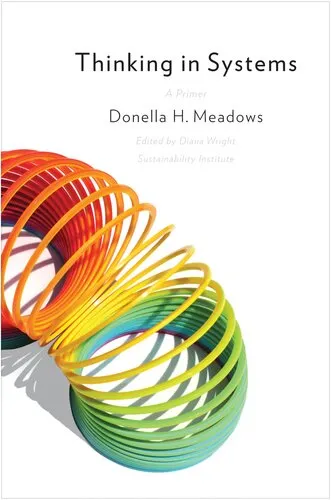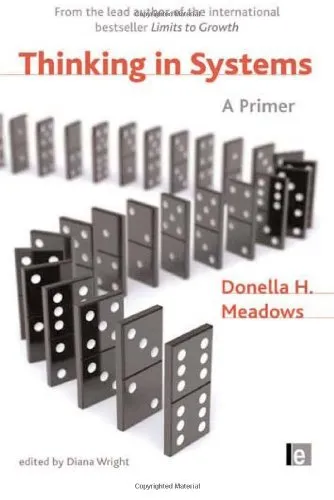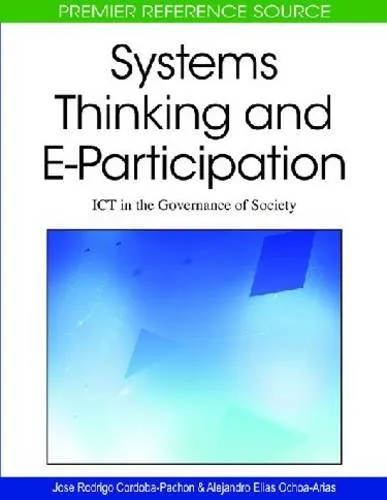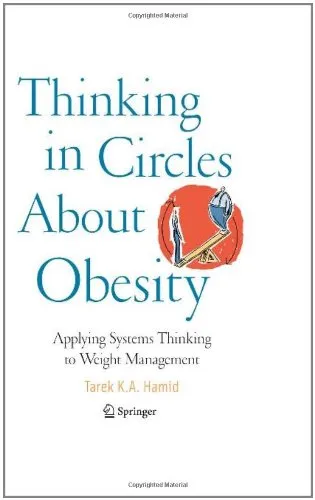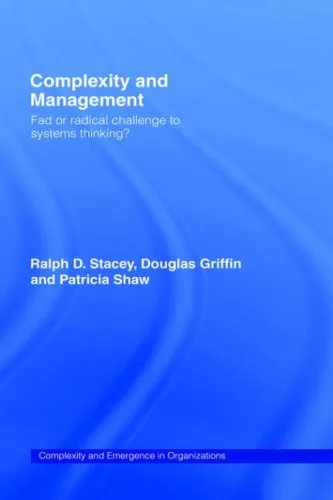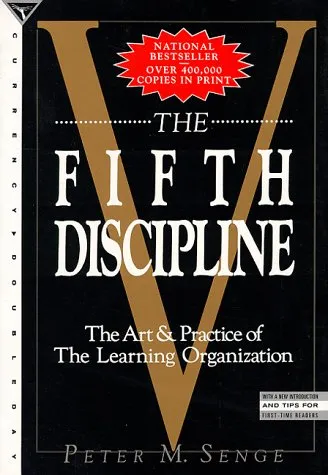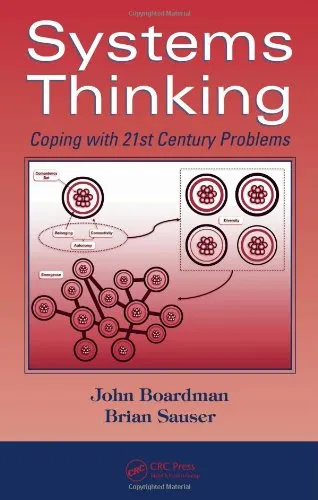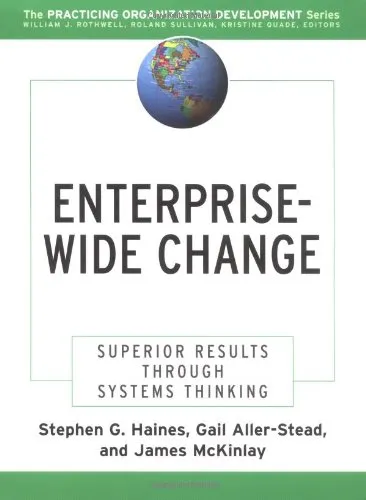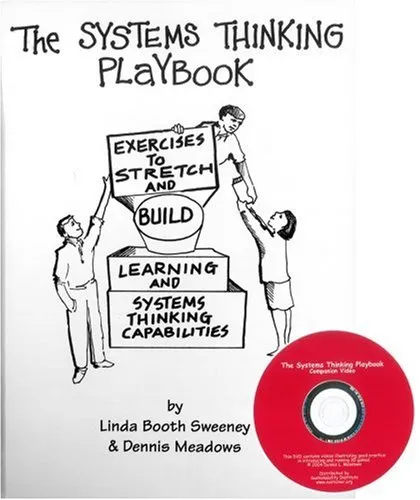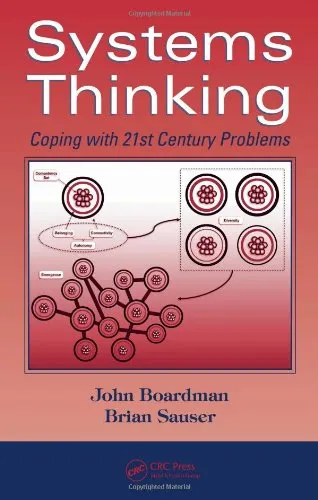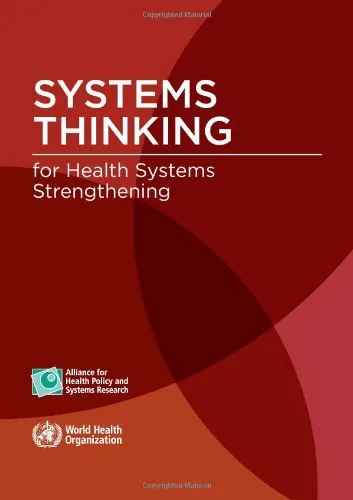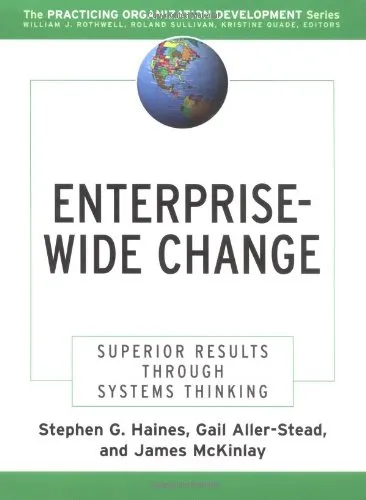Thinking in Systems: A Primer (2008)
4.5
Reviews from our users

You Can Ask your questions from this book's AI after Login
Each download or ask from book AI costs 2 points. To earn more free points, please visit the Points Guide Page and complete some valuable actions.Related Refrences:
Welcome to an engaging journey through the intricacies of systems thinking, as introduced by the renowned environmental scientist Donella H. Meadows in her enlightening book, "Thinking in Systems: A Primer." This text serves as an essential guide for anyone interested in exploring the complex webs that govern the behavioral patterns in systems, whether they pertain to our planet, corporations, governments, or personal lives. Meadows' work transcends disciplines, offering a fresh lens to view problems and derive sustainable solutions.
Detailed Summary of the Book
“Thinking in Systems: A Primer” opens up the world of systems thinking to readers across a variety of fields. The book is a comprehensive introduction that breaks down the art of system thinking into digestible parts, making it accessible for both novices and seasoned practitioners. Meadows begins with the basics, explaining what systems are and how they work. A system is defined as a set of interrelated components working together toward a common goal. By breaking systems down into stocks, flows, feedback loops, and resilience, Meadows lays the groundwork for understanding complex systems.
Throughout the book, Meadows emphasizes the importance of feedback loops as the engines of system behavior. She categorizes them into positive (reinforcing) and negative (balancing) feedback loops, describing how each affects the system's stability and change. With practical examples from environmental, economic, and social systems, she demonstrates how feedback loops shape the outcomes we observe in the real world.
Meadows also tackles the limitations and pitfalls of traditional linear thinking in problem-solving. She advocates for viewing problems through a systems lens that considers the relationships and interdependencies within a system. The book concludes with inspiring stories of how systemic change can lead to sustainable solutions, empowering readers to think creatively and break free from traditional thinking constraints.
Key Takeaways
- Understanding systems is key to understanding the complex world. Systems consist of interrelated components and their interactions.
- Feedback loops are crucial for recognizing system behavior. When identifying reinforcing and balancing loops, we can predict changes and outcomes in systems.
- Linear thinking limits problem-solving. Embracing systems thinking allows for more effective solutions by considering interdependencies and dynamic relationships.
- Resilience and leverage points are instrumental in creating sustainable change. By identifying leverage points, we can implement minimal changes to achieve maximum impact.
Famous Quotes from the Book
"A system is more than the sum of its parts; it is an intricate network of relationships governed by feedback loops."
"We need to stop working in a vacuum and start recognizing the interactions within complex systems that drive change."
Why This Book Matters
“Thinking in Systems: A Primer” holds critical importance because it equips readers with the tools to perceive and solve complex problems in innovative ways. As the world becomes increasingly interconnected, the importance of systems thinking grows. Meadows' insights help bridge the gap between theory and practice, encouraging individuals and organizations to adopt a holistic view of problems rather than relying on fragmented and shortsighted solutions.
Moreover, this book is a great resource for policymakers, corporate leaders, educators, and anyone committed to making a positive impact on the world. In an era marked by climate change, political upheavals, and economic disparities, the ability to understand and navigate complex systems can lead to more effective decision-making and impactful change. Readers are empowered not only to identify problems but to deploy innovative strategies for meaningful solutions. This makes "Thinking in Systems: A Primer" not just a book but a powerful tool for change
Free Direct Download
You Can Download this book after Login
Accessing books through legal platforms and public libraries not only supports the rights of authors and publishers but also contributes to the sustainability of reading culture. Before downloading, please take a moment to consider these options.
Find this book on other platforms:
WorldCat helps you find books in libraries worldwide.
See ratings, reviews, and discussions on Goodreads.
Find and buy rare or used books on AbeBooks.
1698
بازدید4.5
امتیاز0
نظر98%
رضایتReviews:
4.5
Based on 0 users review
Questions & Answers
Ask questions about this book or help others by answering
No questions yet. Be the first to ask!
